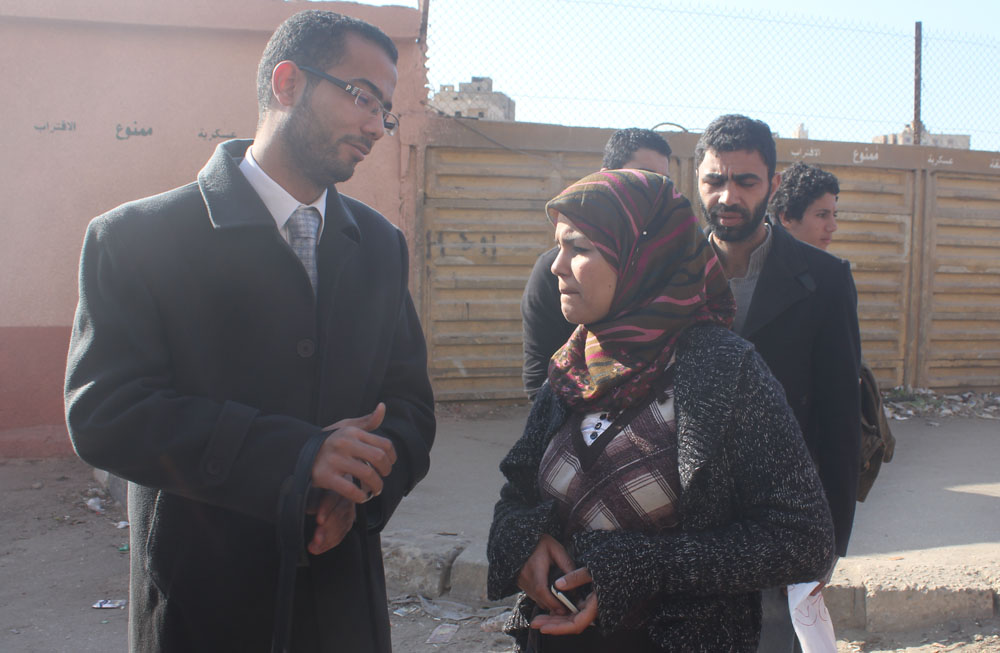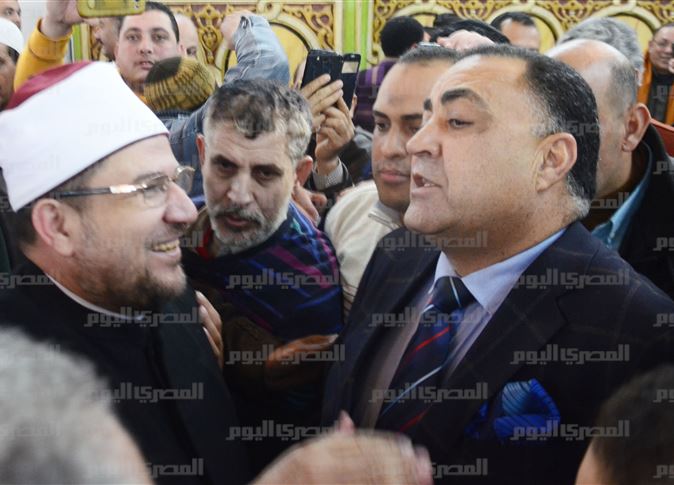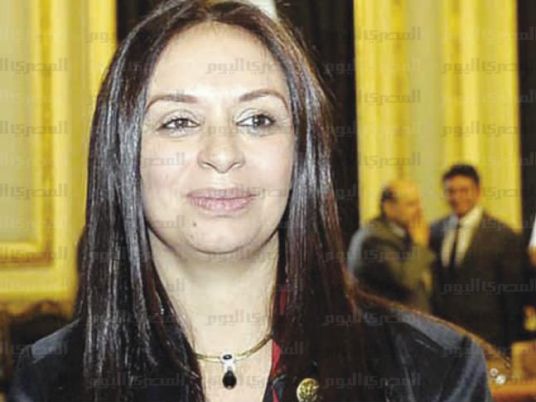
The testimonies of four new witnesses Sunday bolstered the case filed by Samira Ibrahim, who accused a military doctor of performing virginity tests on her and six other women in prison last March. The judge adjourned the case until 11 March, and announced that the verdict would be issued then.
Human Rights Watch researcher Heba Morayef, activist Mona Seif and journalist Shahira Amin testified that they were informed by three different members of the Supreme Council of Armed Forces that virginity tests are performed as a routine measure on female prisoners in military prisons to avoid accusations of women being violated while in custody.
Another virginity test victim, Rasha Abdelrahman, also testified in Sunday’s session, giving details of her ordeal.
Sunday’s testimonies countered allegations made in previous sessions by the defendant and military sources that the women were only asked about their virginity, not physically tested.
Morayef said that during a meeting with members of the military council in June last year, SCAF member Mohamed al-Assar said that all the women incarcerated in Egypt undergo these tests and that the military has issued orders not to repeat them in the future. A statement from Human Rights Watch supporting Morayef’s testimony was admitted in the case.
Seif similarly testified that another SCAF member, Hassan al-Roweiny, said during a meeting with a delegation from the No to Military Trials Group in June that virginity tests are a routine measure in military prison to ensure that the women do not accuse the military of rape later.
CNN reporter Shahira Amin, who brought the case into the spotlight last May by quoting a “Senior Egyptian General” admitting to the virginity tests, also testified in court. Amin revealed that her then-anonymous source was former SCAF member Ismail Etman.
In her testimony, Abdelrahman revealed that women who refused to be given virginity tests were threatened with beatings, electrocution and rape. She then describes being strip-searched by a female prison employee along with the other women while soldiers entered the room periodically and saw the women naked.
“Imagine standing there, completely stripped of your clothes and all the parts of your body are being watched, you’re being asked about every injury detected and you’re asked to stretch and contract your muscles while the doors and windows are open and the soldiers are passing by all the time. It was a horrible feeling that I still suffer from to this day,” said Abdelrahman in a video of her testimony published by the Egyptian Initiative for Personal Rights (EIPR) on its YouTube channel.
After the search, Abdelrahman said that the doctor performed the test on her in a bed set up in a corridor in between two rooms.
Ahmed Hossam, the EIPR lawyer representing Ibrahim, complained that the court rejected his request to obtain military records relating to the case and gave the floor to the defendant's lawyer even though the session was supposed to be dedicated to hearing the new testimonies and admitting the victims’ medical records only.


